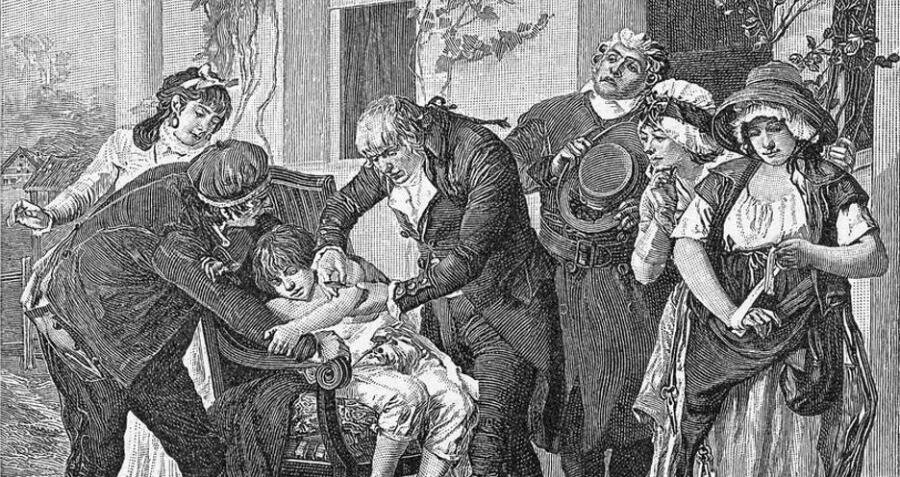- Mar 11, 2015
- 78,824
- 39,692
- 2,645
According to CWST, there was a riot in Boston. Oops, I mean, the Boston Tea Party took place on December 16, 1773. I was taught this event is what started the Revolutionary War. We learned about the death of Crispus Attucks, an enslaved Black person who is said to have been the first to die for American independence. All this is fantastic, but left out is the story of another slave. His name was Onesimus, and without him, there may not have been a Boston to have that riot; oops, I mean the protest against the unfair taxation of American colonists by Britain.
In 1721, Boston was hit by a smallpox epidemic. The epidemic began with a sailor infected with the virus. By the time he was quarantined, it was too late. “Between April and December 1721, 5,889 Bostonians had smallpox, and 844 died of it.” Bostonians were looking for anything that would stop the spread of smallpox. Onesimus, a slave owned by Cotton Mather, a prominent Bostonian of the time, told Mather about an inoculation procedure he had while in Africa. Mather then went to a doctor named Zabdiel Boylston, who listened to Mathers suggestion and experimented with the process by inoculating his son and two slaves.
Boylston saw that it worked, so he and Mather went to area doctors advocating for inoculation as a solution to stop the spread of the virus. Since the idea originated from a slave, there was great skepticism about the actual effectiveness of the procedure. In the end, those doctors had to rest their racism for a moment since people were dying and what Onesimus presented was the only proven solution. So facing the choice of using it or watching people die, the doctors decided to try the technique Onesimus suggested. Boston was saved.

 www.history.com
www.history.com

 allthatsinteresting.com
allthatsinteresting.com
In 1721, Boston was hit by a smallpox epidemic. The epidemic began with a sailor infected with the virus. By the time he was quarantined, it was too late. “Between April and December 1721, 5,889 Bostonians had smallpox, and 844 died of it.” Bostonians were looking for anything that would stop the spread of smallpox. Onesimus, a slave owned by Cotton Mather, a prominent Bostonian of the time, told Mather about an inoculation procedure he had while in Africa. Mather then went to a doctor named Zabdiel Boylston, who listened to Mathers suggestion and experimented with the process by inoculating his son and two slaves.
Boylston saw that it worked, so he and Mather went to area doctors advocating for inoculation as a solution to stop the spread of the virus. Since the idea originated from a slave, there was great skepticism about the actual effectiveness of the procedure. In the end, those doctors had to rest their racism for a moment since people were dying and what Onesimus presented was the only proven solution. So facing the choice of using it or watching people die, the doctors decided to try the technique Onesimus suggested. Boston was saved.

How an Enslaved African Man in Boston Helped Save Generations from Smallpox | HISTORY
In the early 1700s, Onesimus shared a revolutionary way to prevent smallpox.

The Story Of Onesimus, The 18th-Century Slave Who Helped Usher In The Age Of Vaccines
When a smallpox outbreak hit Boston in 1721, Onesimus came up with a genius plan to help.


